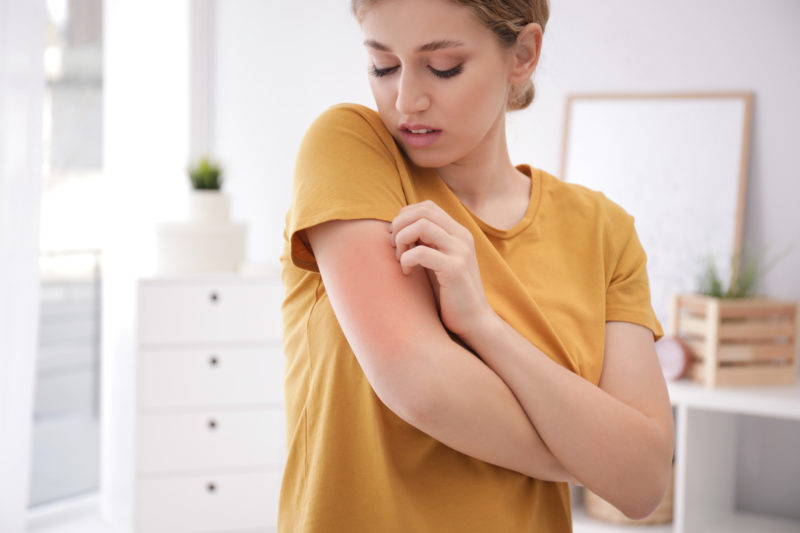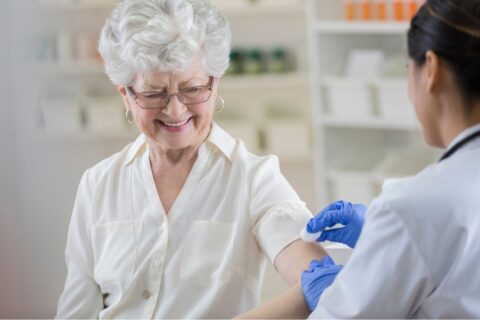Is It Heat Rash or Another Summer Skin Ailment?
Heat rash is a condition that occurs when a person’s sweat glands become clogged, and sweat cannot escape to the surface of the skin.[1] Of course, this is most commonly a problem during hot and humid summer months when people sweat the most. If you find yourself with a case of heat rash, there are many ways you can help your skin heal from the condition. However, it isn’t always a heat rash, so it also helps to know what other conditions you may have.
How to Heal Heat Rash
Heat rash normally heals on its own when the skin has a chance to cool itself. Therefore, if you believe you feel a heat rash coming on, it’s best to remove yourself from hot conditions and find a place where your body can cool, such as in an air-conditioned environment. If exercising seems to bring the rash on, you can also take time to rest and keep yourself from sweating.
With any skin rash, it helps to drink plenty of water, keeping yourself hydrated. With heat rashes, you can also try calamine lotion to cool the prickly feeling that comes with it. Medical treatment isn’t normally necessary unless the rash worsens or you suspect an infection, in which case a doctor at Brevard Health Alliance may prescribe you antibiotics.
Other Summertime Skin Problems
Of course, heat rashes are not the only summertime skin rashes you can get. Sunburn can cause blistering when severe, and some people may experience photosensitivity, which can cause a rash-like reaction on the skin when exposed to any level of sunlight.[2]
Insect bites and plant-based skin reactions are other common summertime rashes that can appear similar to heat rash. With these rashes, it is a good summertime skincare treatment to drink plenty of water and watch for signs of infection.
Heat rash is one of many possible summertime rashes, all of which are nothing less than unpleasant. If you have a rash that doesn’t heal with at-home treatments or you suspect it is infected, don’t hesitate to contact a Brevard Health Alliance professional who can help you determine your next step of treatment.
References:
[1] https://www.medicinenet.com/heat_rash/article.htm
[2] https://patient.info/news-and-features/common-causes-of-summer-rashes

















































































































































